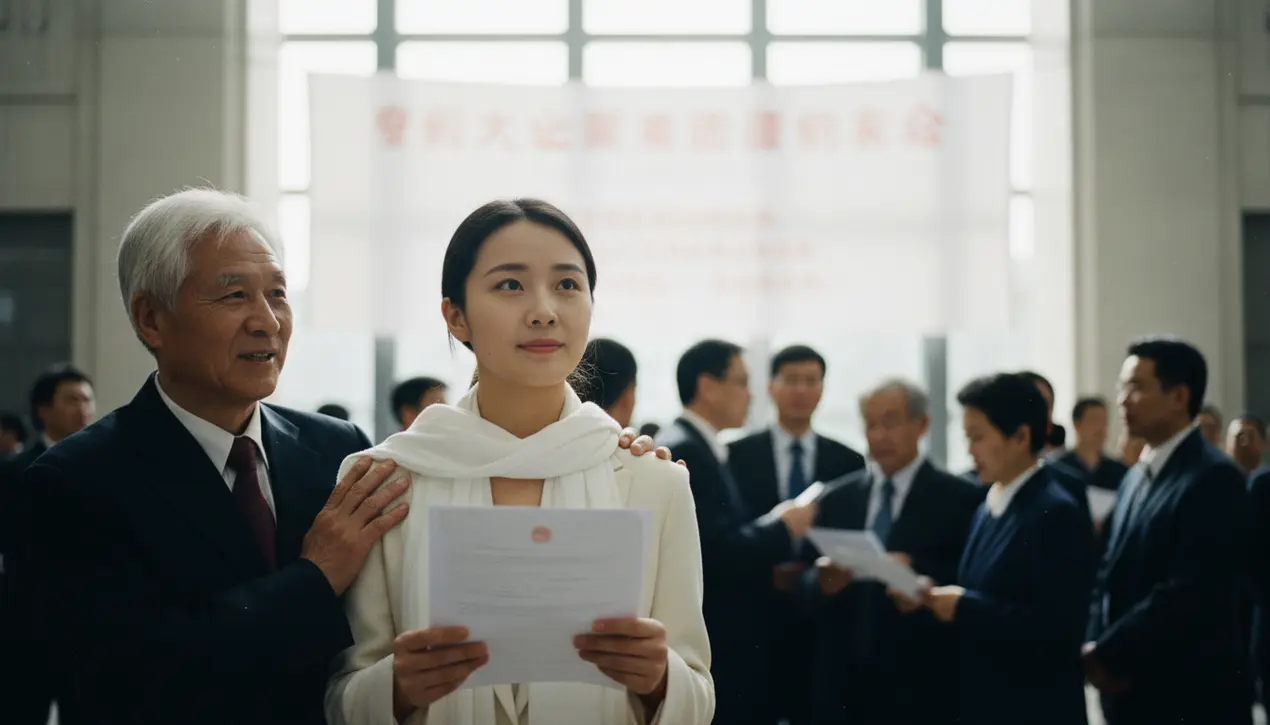
PoliticslegislationLabor and Employment Laws
China Loosens Civil Service Medical Restrictions for Chronic Diseases.
AN
Anna Wright
13 hours ago7 min read2 comments
In a significant stride toward dismantling systemic employment barriers, China has recalibrated its civil service medical standards, formally removing the prohibition on applicants with three specific chronic diseases. This policy shift, enacted on November 14th through a joint directive from the General Office of the Central Committee’s Organisation Department and the National Health Commission, is more than a bureaucratic update; it is a profound re-evaluation of ability and worth in the public sphere.For years, the rigid medical examinations for China's vast civil service acted as an immovable gatekeeper, systematically excluding countless qualified individuals based on health conditions that had no bearing on their capacity to serve. This created a paradox where the state, an entity meant to represent and serve all citizens, was implicitly endorsing a form of institutionalized discrimination, barring talented people from contributing to governance simply for managing a chronic illness.The move arrives amidst a brutally competitive job market, where the coveted stability of a government position has become a lifeline for graduates, making this reform not just a matter of principle but of urgent economic and social justice. Campaigners and legal advocacy groups, who have long fought these discriminatory practices, are rightly hailing this as a landmark victory, a crack in the foundation of unfair employment practices that could set a powerful precedent for the private sector.The change speaks to a broader, global conversation about inclusivity, echoing the hard-won battles for disability rights and anti-discrimination legislation seen in other nations. It forces a critical examination of what we truly value in our public servants: Is it an unattainable ideal of physical perfection, or is it intellect, dedication, and the diverse perspectives that come from a workforce that reflects the entire society it serves? The personal impact is immeasurable; this policy alteration unlocks futures, allowing individuals who may have once seen their aspirations permanently dashed to now envision a path in public service.However, the implementation will be the true test. Will there be adequate support systems and reasonable accommodations within government departments to ensure these new hires can thrive? Or will more subtle forms of bias emerge during the recruitment process? This reform is a crucial first step in a much longer journey, challenging deep-seated stigmas and redefining meritocracy in 21st-century China. It is a testament to the relentless work of activists and a signal that the architecture of opportunity is being slowly, but surely, rebuilt to be more equitable and human-centric.
#China
#civil service
#employment reform
#chronic disease
#discrimination
#human rights
#labor law
#featured
Stay Informed. Act Smarter.
Get weekly highlights, major headlines, and expert insights — then put your knowledge to work in our live prediction markets.
Related News
Comments
Loading comments...
© 2025 Outpoll Service LTD. All rights reserved.